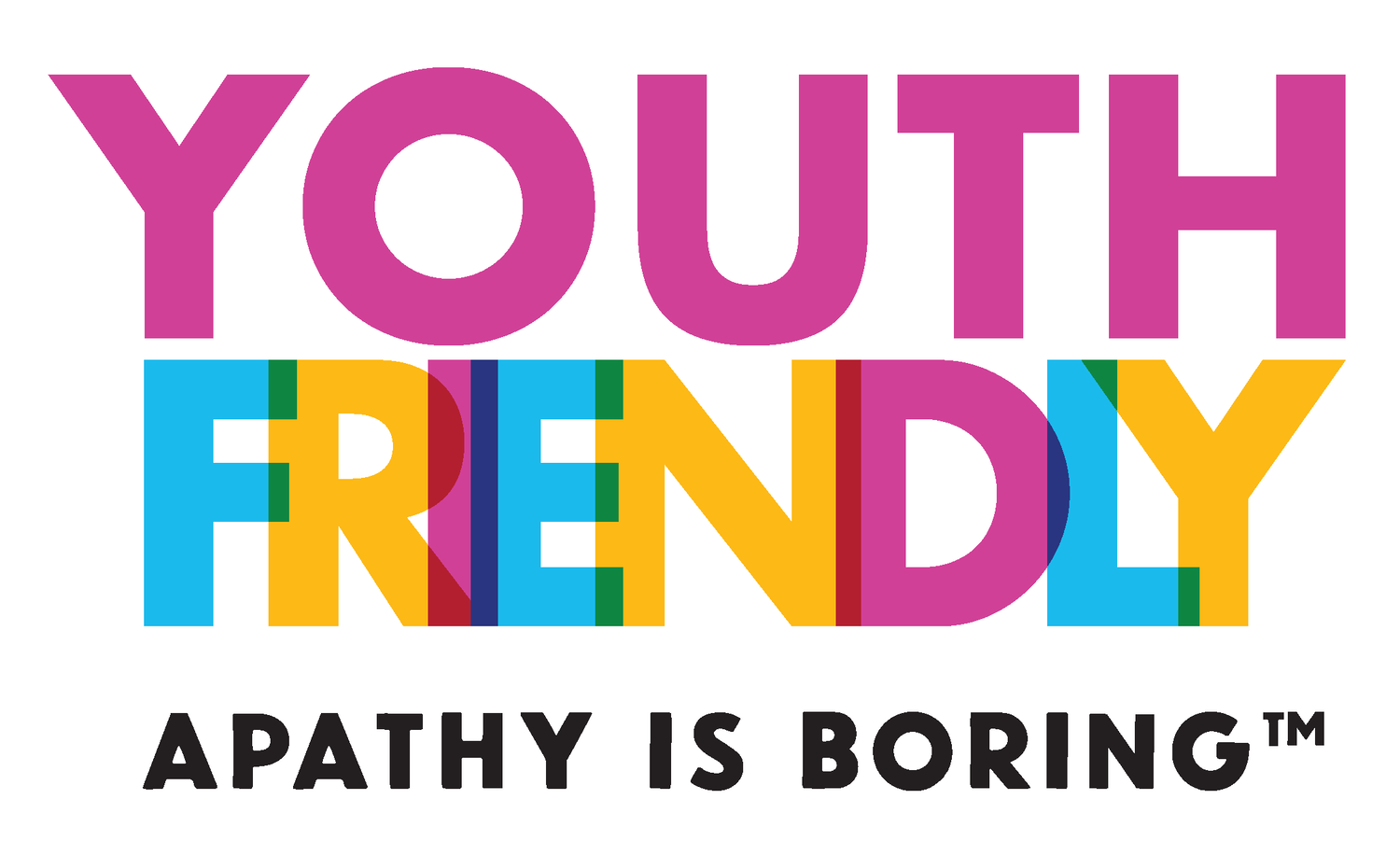Decolonizing History: Here’s What You Should Know
Apathy is Boring’s RISE C8 Retreat in Edmonton, Noella Steinhauer
Over the past year, the topic of reconciliation has rightfully made its way to the forefront of social discourse in Canada. On September 30, Canada held its first National Day for Truth and Reconciliation — a day to reflect, learn and discuss Canada’s legacy of the residential school system, which violently tore Indigenous children from their communities with the goal of assimilating them into colonial Canadian culture. The newly minted federal holiday was put into place as a direct response to one of the 94 calls to action laid out in a 2015 report by the Truth and Reconciliation Commission. The day took place after months of remains being found at the sites of former residential schools all over the country — a horrific reckoning to non-Indigenous Canadians, but a long-known reality to Indigenous communities (there is an entire volume of the Truth and Reconciliation Commission dedicated to “Missing Children and Burial Information”). September 30th represents a step toward reconciliation, but there is still so much work to be done — especially from organizations and institutions in positions of power.
It’s crucial that non-Indigenous people continue talking about how Canada’s mistreatment of Indigenous communities has shaped the world around us. The Canada we live in today was built on colonized ideas that regarded Indigenous people as less than. As a result, organizations and institutions that operate in Canada are inherently entrenched in this belief. In order to work towards reconciliation, history needs to be decolonized. Let’s talk about what that means.
Decolonization requires an understanding of Indigenous history, and thus recognition of the harmful consequences of that history. For non-Indigenous people, it means doing a lot of learning and unlearning, and accepting the fact that Canada was built on the colonization and displacement of Indigenous communities. Jessica Bolduc is the executive director of 4Rs, a youth-led initiative that works to change relationships between Indigenous and non-Indigenous young people in Canada. Here, she answers some questions about how organizations can approach decolonizing history within their own systems.
How does colonial history inform the way organizations in Canada operate today?
The history of colonialism has provided an infrastructure of white supremacy upon which Canadian policy, law, financial systems, cultural norms, institutions, organizations and civil society have been built and operate today. Because Canada is a settler colonial state, and until we are able to commit to processes of decolonization and healing at the level of the individual, family, community, and society as a whole, we will find ourselves continuing to orient our actions towards fighting against, and repairing the harms of colonialism instead of envisioning radical joyful futures. If not part of the solution, organizations through their complacency, in turn will continue to perpetuate colonial violence, often under the guise of new sector language like "reconciliation" or "diversity, equity, inclusion". It's the paradox that we find ourselves and must work together in order to move beyond this way of operating.
What does it mean to decolonize an organization? How can organizations and institutions of power in Canada work to decolonize their practices?
To decolonize an organization, a first step might be to situate yourself within the colonial history of Canada, by building a relationship to the truth which is contextual to who you are and the work you are trying to do. From there reconciliation and reparations can happen in ways that are tangible and accountable. Once that work begins, new paradigms of relationship, doing and being in the world will emerge, and oppressive systems can be dismantled and more inclusive, equitable, abundant and holistic ones can be formed.
Practically, learning to build authentic relationships that are not motivated by extracting knowledge, resources, culture or proximity from BIPOC communities will take organizations a long way. Unpacking white supremacy culture and the characteristics that are pervasive in our organizations such as urgency, perfectionism, paternalism, fear of open conflict, and power hoarding etc. (see Tema Okun's work with Dismantling Racism), will prepare us with the skills and capacity that we will need to see how decolonization can be realized through our work within and adjacent to colonial systems.

